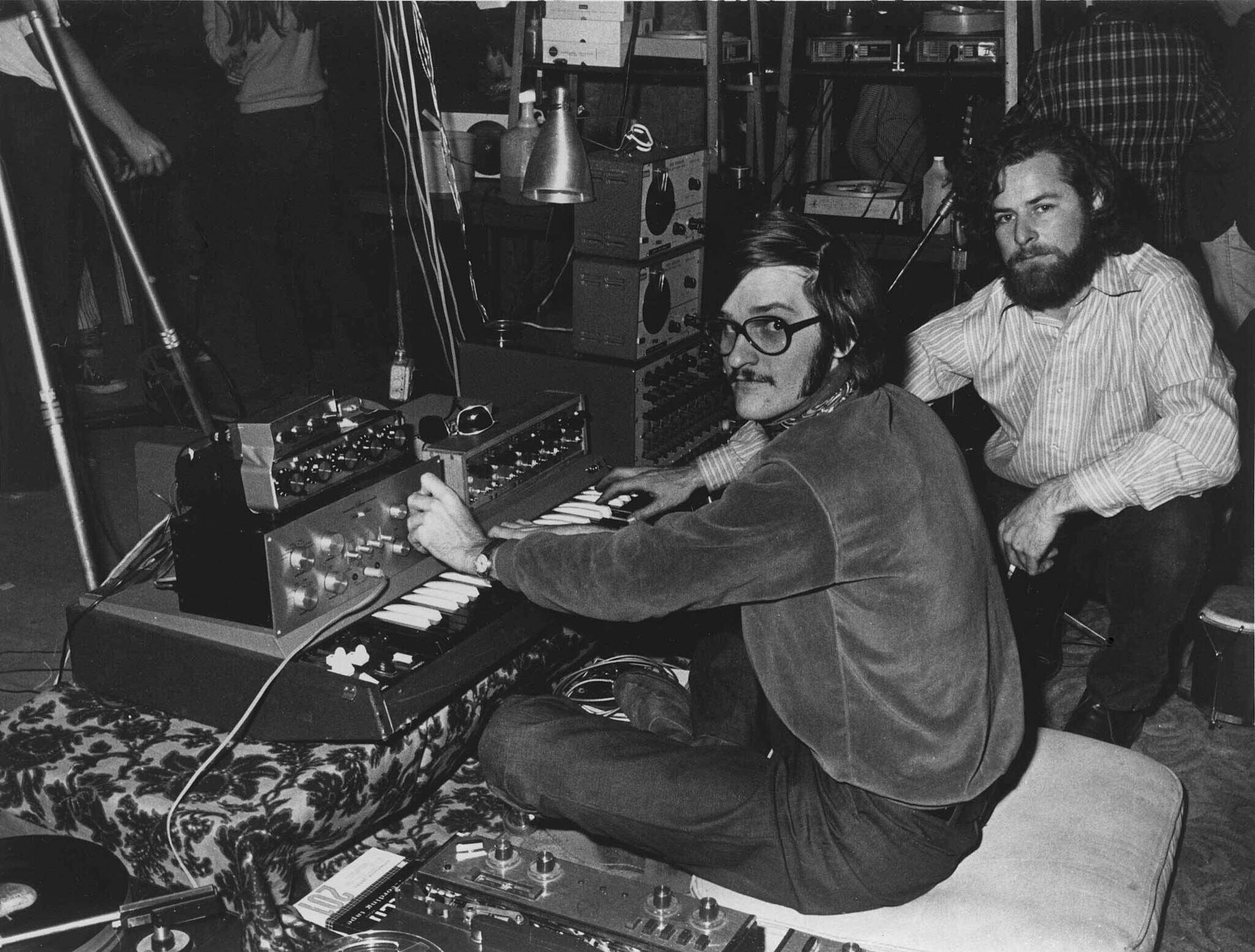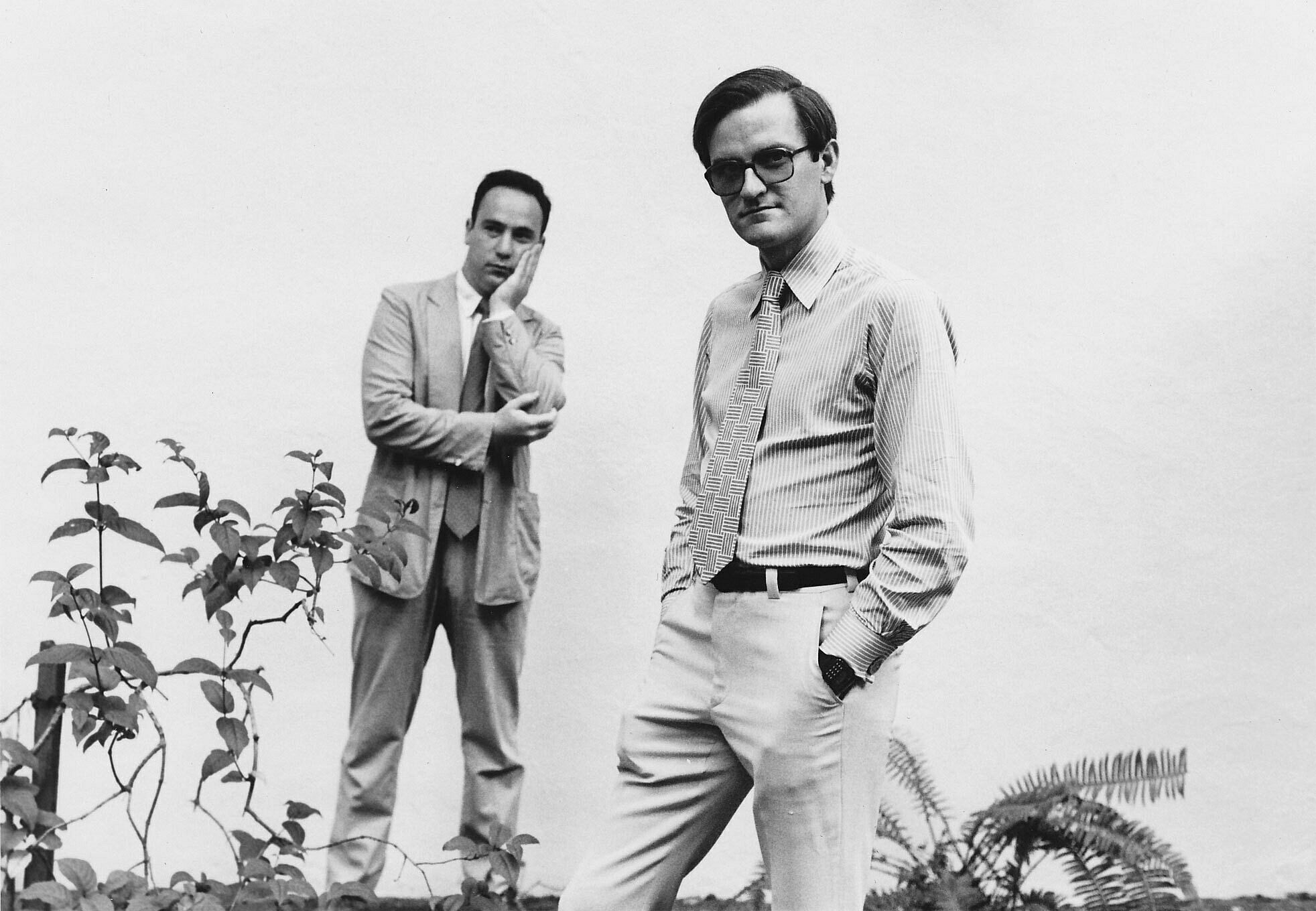David Rosenboom: Continental Divide and How Much Better If Plymouth Rock Had Landed On The Pilgrims
Sun, May 24, 2015
8–10 pm
This event has passed.
See more events like this.
Become a member today!
Join now to enjoy early access to exhibitions and events, unlimited free admission, guest privileges, and more.
Join nowThe Susan and John Hess Family Theater is equipped with an induction loop and infrared assistive listening system. Accessible seating is available.
Learn more about access services and programs.
Floor Three, Susan and John Hess Family Theater
Continental Divide
Originally written in 1964 for keyboard(s) and/or mallet percussion and later reworked for 2001 for a flexible chamber orchestra, David Rosenboom’s Continental Divide articulates harmonic resonances emerging as the opening tritone of the piece slowly finds its pathway to resolution. The original score was included in the book, Pieces, An Anthology, edited and published by Michael Byron. David Rosenboom and William Winant will be joined by Yarn/Wire’s Ian Antonio and Russell Greenberg to perform the original 1964 arrangement.
How Much Better If Plymouth Rock Had Landed On The Pilgrims
Although much of David Rosenboom’s work has been collaborative, many of his large-scale collaborative works were not fully documented until recently, and others still await adequate resources. How Much Better If Plymouth Rock Had Landed on the Pilgrims is considered to be one of the most important. Originally written between 1969 and 1971 and performed by David Rosenboom along with many other musicians, including Lynn Newton, Thomas McFaul, Richard Stanley, Michael Slevin, Gerald Shapiro, J. B. Floyd, and Donald Buchla, and originally performed in an immersive psychedelic environment, all sections of the piece were not recorded until the late 2000s.
After a 1970 concert at George Washington University the Washington Post wrote: "If there were a device whereby one could plug into the deepest levels of human consciousness, and then translate this input into sound, what we would hear would probably resemble How Much Better if Plymouth Rock Had Landed on the Pilgrims, the radical composition by David Rosenboom. The elemental pulsations of the piece seem to echo not only our fundamental biological cycles, but those innate psychical tides that govern the flux of human thought and feeling. The listener becomes receptive to fantasy and hallucination and instants seem stretched to eternities, Rosenboom's idiom poses a new esthetic . . . against the ascetic, disciplined, puritanical streak that one associates in this country with the Pilgrims, this new music hurls a rejuvenated sensuality and mysticism."
This presentation includes musicians from the original line up for the 2008–2009 recordings with Swapan Chaudhuri (tabla), Aashish Khan (sarode), Vinny Golia (winds), Daniel Rosenboom (trumpet), I Nyoman Wenten and William Winant (Balinese instruments), and David Rosenboom (Disklavier and computer). Visual elements are provided by renowned filmmaker Maureen Selwood, and legendary light artist Tony Martin.
Thanks to the Consulate General of the Republic of Indonesia in New York for providing the Balinese gamelan instruments used in How Much Better If Plymouth Rock Had Landed on the Pilgrims.
Propositional Music is presented by ISSUE Project Room in collaboration with the Whitney Museum of American Art; organized by Tommy McCutchon and Lawrence Kumpf with Jay Sanders, Curator of Performance at the Whitney.
Event tickets are required: $12; $10 members. On May 24, the performance takes place after Museum Hours, when the galleries are closed.


